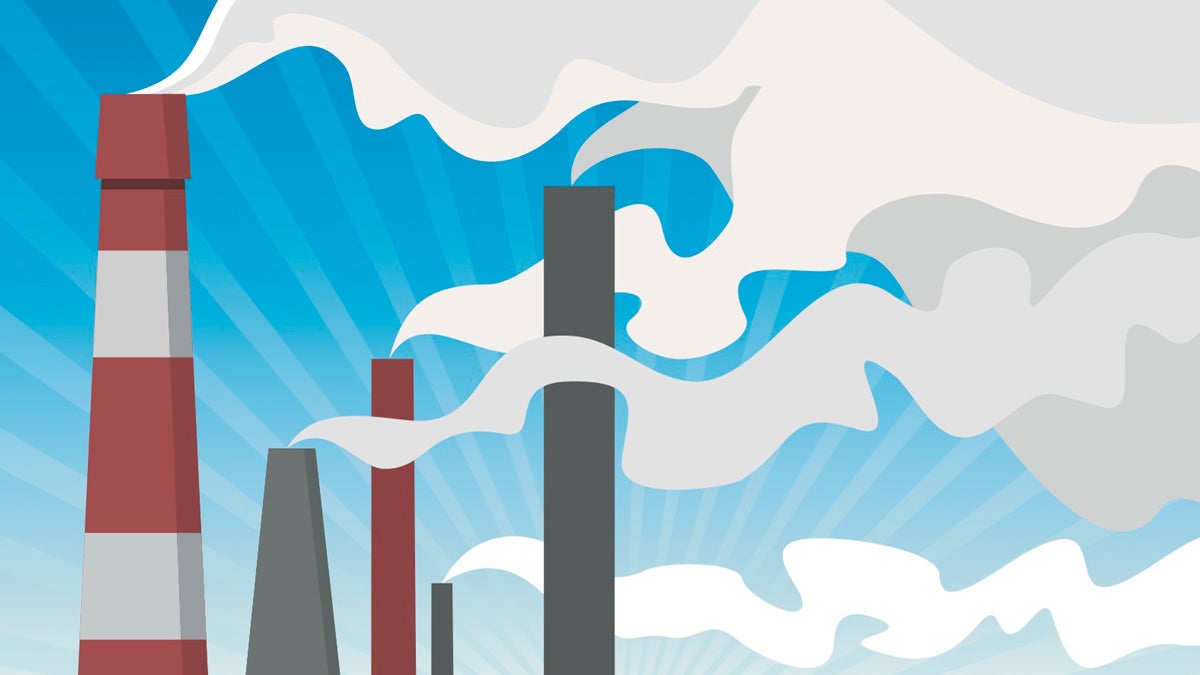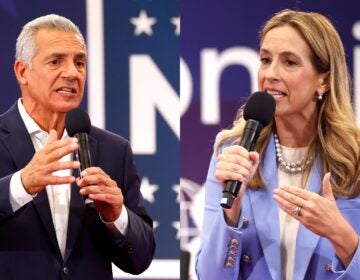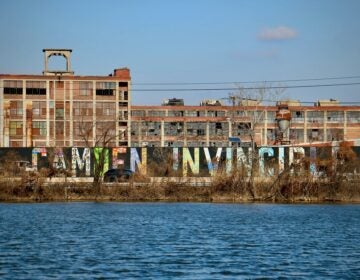New Jersey won’t participate in new EPA clean air goals

There is no chance the Christie administration will draft a proposal to comply with the federal Environmental Protection Agency’s Clean Power Plan to sharply curb global-warming emissions from power plants, officials said yesterday.
“It’s not in our DNA,’’ said John Giordano, an assistant commissioner of the state Department of Environmental Protection said yesterday at a break in a hearing called by an advisory council to solicit information on how New Jersey will implement the EPA’s plan. “We don’t need EPA’s re-engineering.’’
New Jersey is making great strides in cleaning up its air and reducing greenhouse-gas emissions from power plants, Giordano said, an argument echoed by Board of Public Utilities President Richard Mroz. He called the CPP, as it has been dubbed, an unconstitutional intrusion by the federal government on state rights.
While acknowledging that staff from both agencies are looking at what options are available to comply with the law, Mroz noted “there is no specific effort to draw up a compliance plan.’’
The Christie administration has joined in a lawsuit with 27 other states seeking to block the plan. In February the U.S. Supreme Court put the law on hold while the case is heard in lower courts. The state contends the plan fails to credit New Jersey for past actions that have already cut carbon pollution from power plants, as well as the more than $4 billion ratepayers have invested in renewable energy and reducing energy use.
New Jersey has the fifth-lowest carbon-dioxide emissions, a primary greenhouse gas, of power plants in the country, officials said. That is a reflection of how electricity is generated here with nearly half the power coming from nuclear plants and more than 40 percent from natural gas plants, which pollute less than coal-fired units.
The stance taken by the state is risky, according to proponents of the government plan, because if no proposal is submitted, the federal agency will step in and decide what regulatory steps are needed to achieve compliance with the law. That could lead to more costly strategies to consumers to comply with the plan, according to business interests.
Nationwide, the CPP proposes to reduce greenhouse gas emissions by 32 percent below 2005 levels by 2030. Essentially, the plan recommends replacing coal-fired plants with natural gas; making existing units more efficient so they emit less pollution; and replacing fossil fuel with renewable energy and energy-efficiency projects.
New Jersey’s Energy Master Plan is helping the state cut carbon pollution, Mroz argued, by promoting greater reliance on natural gas by building new generation using the fuel and expanding pipeline infrastructure. Three new natural-gas plants have opened in the state in recent years, with two more pending.
As a result, New Jersey is now a net exporter of electricity, according to the U.S. Energy Information Administration, a significant change from the days when the state relied on importing power from dirty coal plants in other states, officials said.
The switch to natural gas has not been without controversy, however. Environmentalists say it steers investment away from carbon-free renewable energy and still relies on a fossil fuel, contributing to climate change. The proliferation of new gas pipelines in the state also has stirred wide opposition, because many cross through environmentally sensitive land.
But some at yesterday’s hearing sponsored by the state Clean Air Council said rapid changes in the energy sector — lower costs for renewable energy, declining demand for electricity, and other factors — raise the specter of today’s natural-gas infrastructure turning into tomorrow’s stranded costs.
“This isn’t tree-huggers saying it could be stranded; it’s the financial community saying it,’’ said Ken Colburn, a principal in the Regulatory Assistance Project, a nonpartisan group that advises regulators and others on clean-energy issues.
Others suggested an aggressive plan to reduce carbon pollution, particularly one employing greater efforts to cut energy use, will more easily achieve compliance with the new law, while also reducing other air pollutants that contribute to health problems.
But one council member, Nicky Sheats, said the CCP falls short in mandating reductions in air pollution affecting minority and low-income communities. The law should establish reductions for specific facilities in those communities, he said.
If that happened, it would make climate-change policy immediately relevant to so-called environmental justice communities, Sheats said.
__________________________________________________
NJ Spotlight, an independent online news service on issues critical to New Jersey, makes its in-depth reporting available to NewsWorks.
WHYY is your source for fact-based, in-depth journalism and information. As a nonprofit organization, we rely on financial support from readers like you. Please give today.



